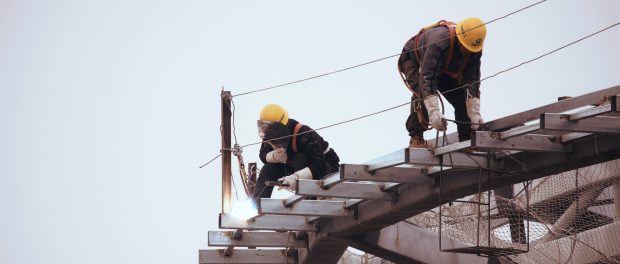5 Things Contractors Should Know Before Starting a Project

Working freelance has its upsides and drawbacks. You’ll get the freedom to decide which jobs to take on, and when; on the other hand, you’ll also have to bear responsibility when things don’t work out the way you’d like. In construction, the risk can be especially acute – since work that’s gone wrong will need to be put right by someone.
To ensure that you’re going into every job with your eyes open, it’s worth doing a little groundwork before you start any given project.
Set your budget
When you’re putting your quote together, you’ll need to know exactly how much you’re going to be spending, and how large a cut you expect to take. Make sure that you leave a little bit of a buffer, so that you’ll still be taking something home if your expenses rise unexpectedly.
Contractors or Employees
If you aren’t going to be doing all of the work yourself, then you’ll need to decide whether you want to bring in full-time employees, or one-off contractors. The decision will have legal ramifications as well as practical ones. If you have employees, then you need to take on a special kind of builder’s insurance in regards to their own concerns and safety whilst working with yourself.
What is your Business Model?
You’ll need to work out what your business model is. Have it all planned out in advance. If you’re reliant on a flexible workforce of freelance subcontractors, then you might find that your financial affairs become complicated very quickly. Here’s where the right management and admin software can make a big difference.
Customer Service
If you want to build a good reputation, and keep the phone ringing, then you’ll want to not only provide excellent quality work: you’ll also want to treat your customers well. Make sure that you understand their needs, and do your best to meet them. Here’s where communications skills can be extremely valuable. Communication skills are something that you can build with practice. Have a list of questions to pose when you’re discussing a job, and follow up on any correspondence from the client.
Network
When you’re a contractor, it pays to develop a network of relationships with other, trusted contractors. Join an association of people in the same trade, and keep an informal dialogue open with colleagues at all times. Once you’ve built your network, you’ll be able to learn about new opportunities as they arise. If you’re able to get business cards printed, and you can keep up a presence on social media, then you might find the job that much easier.
Before you get your project started, you can use your network to reach out to people whom you know might be able to help.

